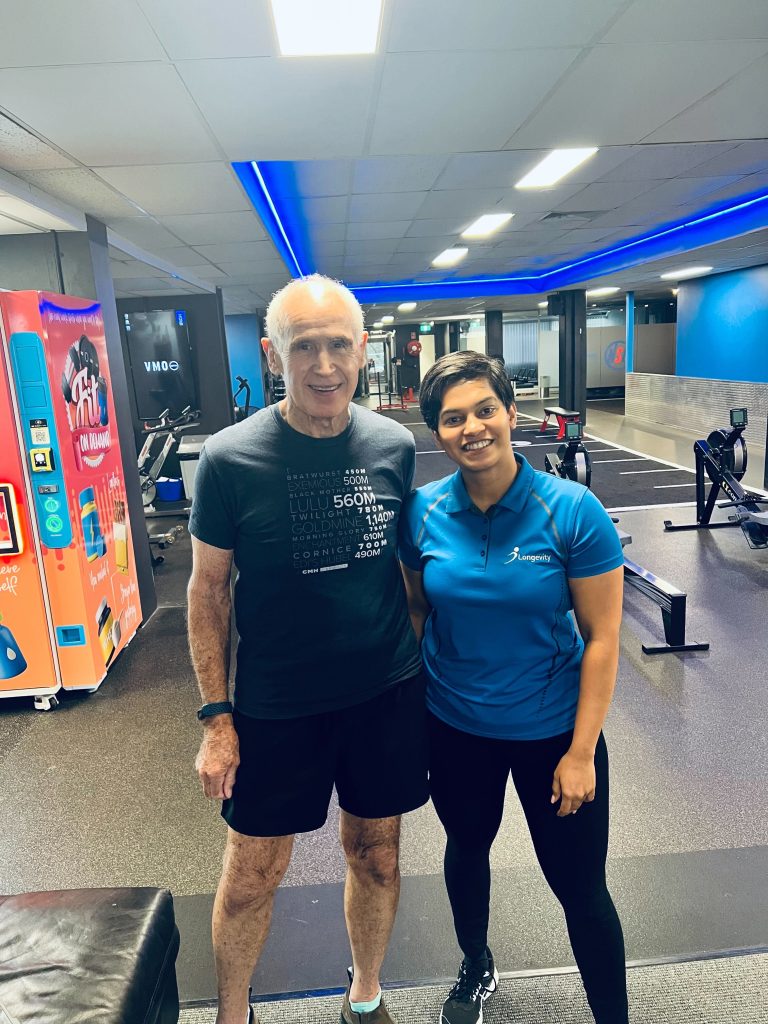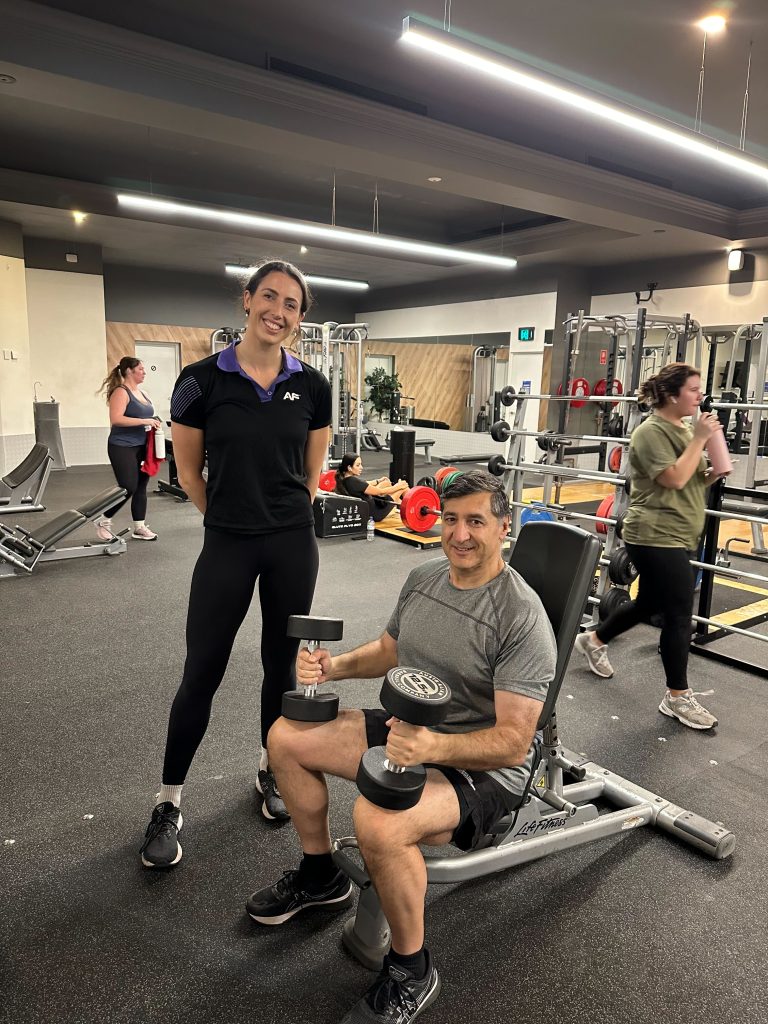Exercise and Sleep Apnoea: How Longevity Exercise Physiology Can Help You Sleep Better and Live Longer
Struggling with sleep apnoea? There’s good news—exercise can make a world of difference. Let Longevity Exercise Physiology guide you toward better sleep and better health!
Sleep apnoea isn’t just about snoring or feeling tired; it’s a condition that can seriously affect your quality of life. At Longevity, we’re here to help you reclaim your energy and achieve longevity through the power of tailored exercise. Let’s explore how we can make it happen together.
What Is Sleep Apnoea?
Let’s break it down. Sleep apnoea happens when your breathing gets disrupted while you sleep. This leads to restless nights and a whole host of health issues. It usually shows up in two main ways:
- Obstructive Sleep Apnoea (OSA): The most common type, where throat muscles relax and block your airway.
- Central Sleep Apnoea: A rarer type where the brain doesn’t signal your muscles to breathe properly.

Why does it happen?
Some common causes include:
- Carrying extra weight
- Having narrow airways
- A family history of sleep apnoea
- Smoking or drinking alcohol
According to the Australian Institute of Health and Welfare, almost 5% of people deal with sleep apnoea—and many don’t even know it. Sound familiar? Keep reading, because there are real solutions that work.
How Exercise Helps Sleep Apnoea
Did you know that regular exercise can actually help reduce sleep apnoea symptoms? Here’s how:
- Lose Weight: Dropping excess weight can ease pressure on your airways, making it easier to breathe.
- Boost Heart and Lung Health: Stronger cardiovascular fitness helps your body handle oxygen better, which can ease symptoms.
- More Energy: Exercise reduces that awful daytime fatigue.
- Better Sleep: Physical activity encourages deeper, more restful sleep—something you need when you’re dealing with sleep apnoea.
From gentle cardio to strength training or even yoga, movement is a game-changer for both your sleep and your overall longevity.

How Longevity Exercise Physiology Supports You
At Longevity, we’re experts in creating exercise programs tailored specifically for people dealing with sleep apnoea. Here’s what we offer:
- Custom Exercise Plans: We’ll design a program that fits your fitness level and sleep goals.
- 1:1 Support: Our sessions are fully supervised to keep you safe and on track.
- Flexible Options: Whether it’s at the gym, outdoors, in your home, or via telehealth, we’ve got you covered.
- Collaborative Care: We work alongside your healthcare team to give you the best possible outcomes.
Tips for Managing Sleep Apnoea Beyond Exercise
Here are a few lifestyle changes that, paired with exercise, can make a big difference:
- Cut Back on Alcohol and Smoking: Both can worsen symptoms.
- Stick to a Sleep Schedule: Aim for 7-9 hours every night.
- Consider CPAP Therapy: If recommended by your doctor, a CPAP machine can be life-changing.
Little changes can add up to big results. Combine them with an active lifestyle, and you’re on the path to better health.

DON’T WAIT—START YOUR JOURNEY TO BETTER SLEEP AND LONGEVITY TODAY!
Why let sleep apnoea hold you back? Book a free 15-minute phone consultation with Longevity Exercise Physiology right now and take the first step toward better sleep, better health, and a better life.
ACT NOW—Your health and longevity are worth it!
At Longevity, we’re passionate about helping you achieve your goals. With personalised care and expert guidance, we’ll help you overcome sleep apnoea and unlock your best self.
Ready to take the first step toward increasing your fitness and lifespan? Call Longevity Exercise Physiology Ascot Vale, Burwood, Casey, Castle Hill, Coburg, Drummoyne, Edgecliff, Five Dock, Gladesville, Gungahlin, Kingsgrove, Liverpool, Macarthur Campbelltown, Macarthur Tindall, Marrickville, Neutral Bay, Penrith, Pymble, Pyrmont, Randwick, Rhodes, Rosebery today on 1300 964 002 to book your personalised session or a 15-minute free phone consultation.
Written by Grayson Kieran

